SUMMARY
This is AI generated summarization, which may have errors. For context, always refer to the full article.
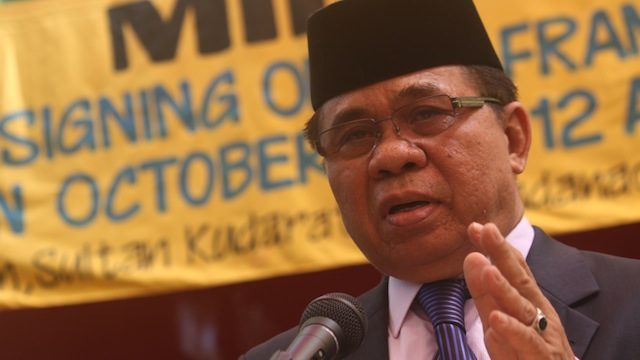
GENERAL SANTOS, Philippines – Bangsamoro interim Chief Minister Ahod Balawag “Murad” Ebrahim has called on other leaders of the special Muslim-majority region to continue working for the future of the people in the Bangsamoro homeland, particularly in the quest for justice, peace, and progress of the region.
Ebrahim made the call on Monday, March 27, as he addressed a public forum to commemorate the 9th year of the formal signing of the Comprehensive Agreement of the Bangsamoro (CAB) in 2014.
The CAB, the final peace settlement signed by the government and the Moro Islamic Front (MILF) during the administration of the late president Benigno Simeon Aquiono III, paved the way for the passage of the Bangsamoro Organic Law (BOL), which operationalized the CAB and established the Bangsamoro Region in Muslim Mindanao (BARMM).
Ebrahim, also the leader of the MILF, said the day marked a significant milestone in the history of the Bangsamoro people and their continued pursuit of lasting peace and prosperity in the region.
He said the agreement paved the way for “correcting historical injustice, systematic oppression, and discrimination” committed against the Bangsamoro.
“Let us seize this opportunity to learn from one another and work toward a better future for the Bangsamoro people,” he said.
Ebrahim said the CAB, as a political settlement, “is not the end of the Bangsamoro narrative but the continuation of our lifelong quest for justice, peace, and progress.”
Isidro Purisima, the acting presidential peace, reconciliation, and unity adviser, said the government would ensure to push forward, sustain and build on the gains of the Bangsamoro peace process as this would be the “key in building a better, brighter, and more progressive future for the region.”
“This day, nine years ago, was a triumphant moment not only for the Bangsamoro people but the Filipino nation as a whole, as the weapons of war fell silent, and residents who used to wake up to the sound of mortar fire would start hearing the hum of bulldozers, trucks, and farming equipment,” a statement released by his office read in part.
But days before the anniversary, security forces launched an offensive against armed groups in villages along the boundaries of the BARMM and the Soccsksargen region, killing at least three alleged militants. The ensuing skirmishes and artillery shelling by soldiers displaced families who fled their homes and sought shelter elsewhere.
Purisima said the 2014 agreement embodied the aspirations of the Bangsamoro people who struggled for almost three decades to achieve self-determination and self-governance.
He also acknowledged those who collaborated and worked toward a common ground for the welfare of the Bangsamoro.
The CAB has brought about a new generation of public servants, who were once military tacticians and fighters, now committed to serving their community.
President Ferdinand Marcos Jr said his administration was determined to fulfill the national government’s commitments under all signed Bangsamoro peace agreements.
In a video message, Marcos assured Bangsamoro officials and people that the government would not falter in its commitments.
During a public forum, the BARMM achievements during the nine years the agreement has been in existence were outlined in a presentation, with emphasis on the newly enacted Bangsamoro Electoral Code.
Ebrahim said the public forum, attended by experts from the academe, professionals, and government dignitaries, “will help us prepare for the first regional elections” in 2025.
Bangsamoro parliament member Sha Elijah Dumama-Alba said ensuring the success of the 2025 BARMM elections will not be the responsibility of select institutions alone.
“It requires the buy-ins and conscious efforts of all of us, from the government, the international community, academe, security sector, civil society, and citizens in general,” Dumama-Alba said. – Rappler.com
Add a comment
How does this make you feel?
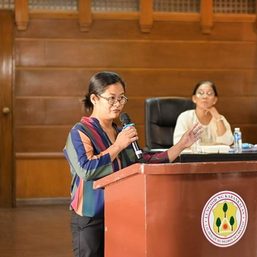


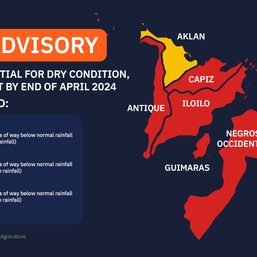

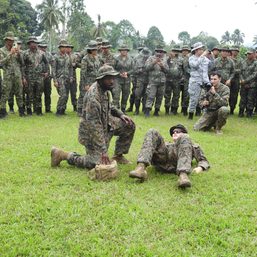
![[OPINION] A challenge to Marcos government and MILF](https://www.rappler.com/tachyon/2024/03/TL-Challenge-Marcos-MILF-March-25-2024.jpg?resize=257%2C257&crop_strategy=attention)
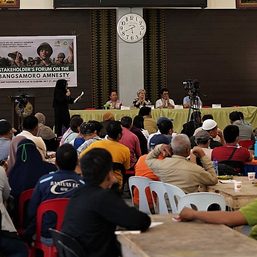
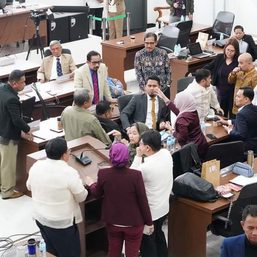
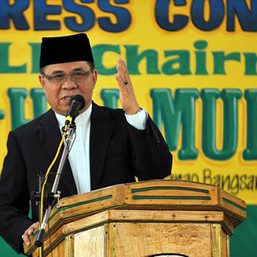
There are no comments yet. Add your comment to start the conversation.